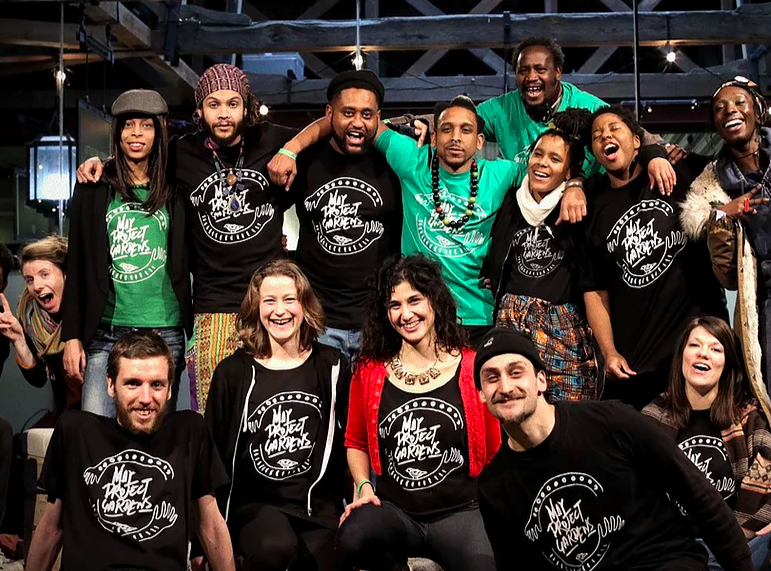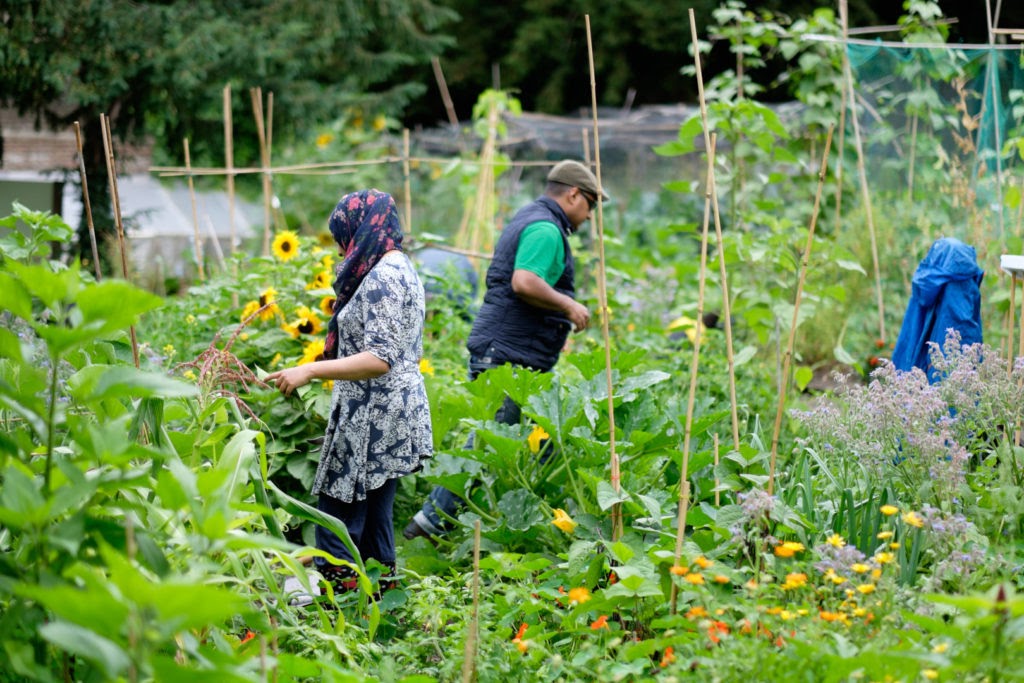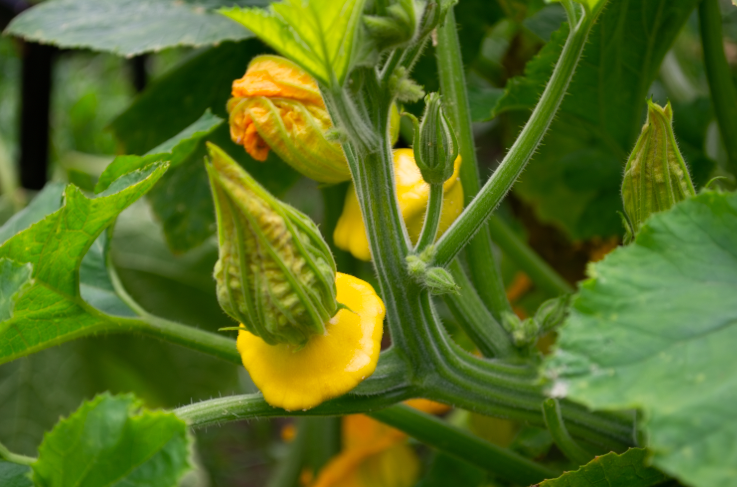Written by:
Over the last year and a half of lockdown, with varying restrictions and changes to how we work and travel, we have found many communities began to support each other and enliven their spaces with very little outside help. The brashness of covid brought locals together: neighbours knocked on doors to check on older residents; people created care packages for those less fortunate; and community groups led the way for online connections and tackling loneliness. Protecting our outdoor spaces and green areas also came into focus with many allotments facing a backlog of applicants and re-wilding becoming a popular topic in the news and on social media.
But how do we start these pods of public power? What seeds need to be planted to create these collectives? How do we build confidence and resilience within these groups and what support do they need?
Of course, the answers will vary from group to group, but below I’ve compiled a list of what I believe is needed from my experiences of being part of local mutual aid, growing groups and age-related charities.
Community champions: the instigator
Often the groups are spearheaded by one person or a small group of people with a shared interest in the topic at hand who are able to find the time to work together. For example, my local gardening group was created by a resident just before the pandemic occurred. She had recently left her job and decided to give back to the local community. She became a connector between the locals and other garden groups as well as the Chelsea Physic Garden who donated plants to us.
Other groups of people may come together and develop an idea, and then ask for support from other bodies.

Either way, there is usually an instigator, someone who puts the initiative together, whether this means replicating a model that already exists or creating a new one. The need, the urge and the energy to push a community initiative must be sparked and maintained by someone. It becomes more powerful when the individual becomes part of a group or collective.

How to build confidence
Building interest and a membership is one thing, but building confidence within the group is another. This can be done by taking part in internal or external training sessions. As a volunteer within two charities that deal with loneliness and intergenerational connection (Age UK and South London Cares), I attended a number of induction sessions, in which I could meet other volunteers, learn about the conduct and regulations behind my role and ask general questions. Of course, this won’t always be an option, especially with covid restrictions.
Whatsapp is a great tool for sharing information and news, thus the app became a beacon of bonding for mutual aid groups and gardening groups. Sharing tips and local news can make people feel more connected and aware of what’s going on in their area, which in a way can also boost confidence. When possible, face-to-face events are best. Interactive and collaborative sessions such as group planting days, walking tours and local fun days can create bonds while making good opportunities for engagement and discussion pertaining to the nearby area. These are also opportunities for live knowledge sharing, action and learning, as doing is often one of the best ways to solidify and consolidate learning.
Enabling and supporting public power

Support and collaboration are key for the local champions to continue and maintain any work undertaken by the group. I recently joined a Whatsapp group created to connect gardening groups in my borough, and the one topic we’ve addressed the most is the mowing of wildflowers, grass and pre-planted areas. As a different worker comes every time the grassy areas are maintained and is not always aware of our efforts to grow wildflowers and our agreement with the council to protect them. Running up and asking them to avoid certain areas doesn’t always work, usually because when we reach them it is too late, or because they do not have the authority to make that decision.
We’ve had varying levels of success when contacting the council and there have been changes in which body provides our garden maintenance. We’re currently developing a collective plan of action to stop our hard work and natural flowers from being strimmed away.

Support shouldn’t only come from the government and local authorities, but businesses, charities, institutions and other local groups. From resident groups organising free music days with local orchestras to allotments and greenhouses selling and or swapping plants and seeds, collaboration and cross-pollination can reach more collectives, individuals and hearts. This leads to more knowledge sharing, learning and possibly more resources and further projects to enrich and enthral communities.
In conclusion
By coming together to drive change and later reaping the benefits we make the community better through collective knowledge and skills.
It feels like this traditional method of working together has somehow become lost, especially in cities, and we are all much more individualistic. However, this more collaborative approach was reawakened during the pandemic, and present in countless communities. Social justice and local activism should always be part of our civic duty, not just when crises appear. By encouraging people to take the mantle, take others with them and build a legacy, we can grow collectively, create the opportunities we wish to see and inevitably make the world a better place for all.

